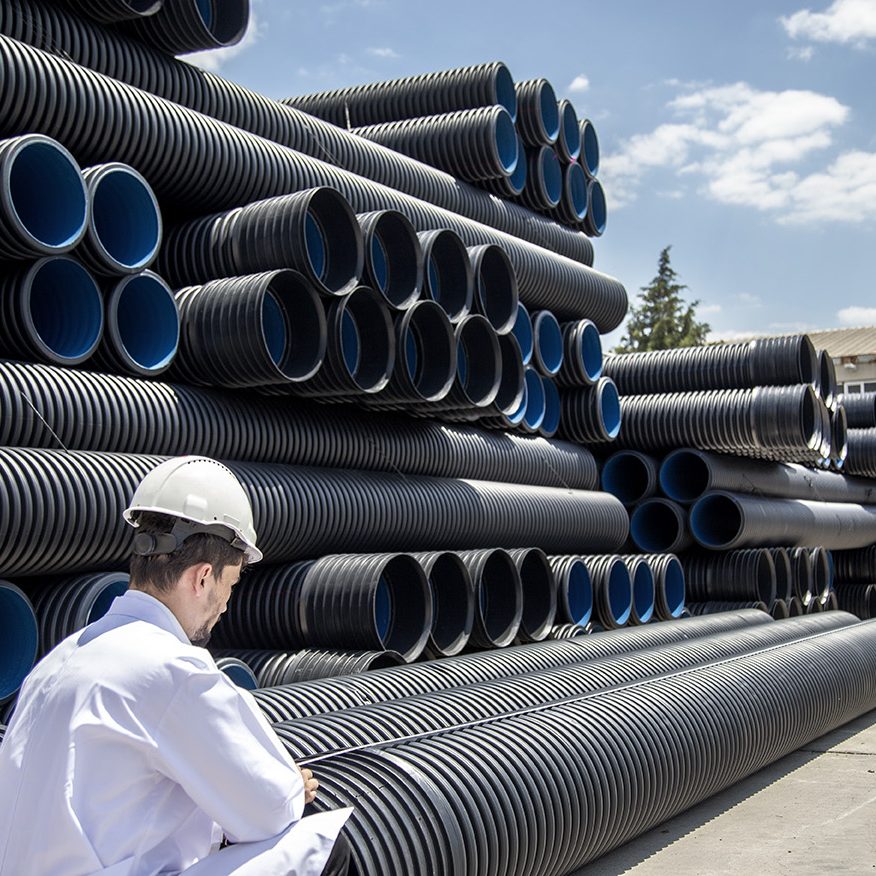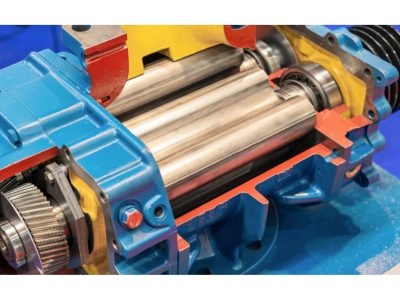In the intricate web of industries that fuel our modern world, there exists a silent hero that often goes unnoticed—the industrial pipe. These unassuming conduits play a pivotal role in facilitating the movement of fluids, gases, and materials that form the lifeblood of countless sectors. From energy distribution to manufacturing processes, the significance of industrial pipes is immeasurable.
In this exploration, we dive into the various dimensions that make these unheralded components so vital to our global infrastructure.
1. Fluid transportation: Lifelines of industries
At the core of their purpose, industrial pipes are designed to transport fluids—liquids, gases, and slurries. Whether it’s crude oil coursing through pipelines, water flowing in municipal systems, or chemicals moving within a manufacturing plant, these pipes serve as lifelines that keep industries functioning.
2. Infrastructure backbone: Building blocks of progress
From oil and gas extraction to chemical production, industries rely on extensive piping networks. These networks create the backbone of essential infrastructure, connecting extraction sites, refineries, processing plants, and distribution centers. Without pipes, these critical connections would crumble.
3. Energy distribution: Powering possibilities
Industrial pipes play a crucial role in the complex web of industrial processes, as they not only transport raw materials but also facilitate the transfer of energy. At the heart of this energy transfer are thermal fluids such as steam and hot water, which course through the veins of pipes to power turbines, and machinery, and provide heating and cooling to factories and other buildings.
It’s remarkable to think that these seemingly innocuous conduits are the lifeblood of modern-day industrialization, quietly working behind the scenes to ensure that our society functions efficiently and sustainably.
4. Safety and efficiency: Ensuring smooth operations
Efficient and safe piping systems are crucial in the transportation of hazardous materials. A well-designed pipeline minimizes the risk of leaks and spills, preventing any potential harm to the environment and people. However, it’s not just about safety; proper insulation and material selection play a significant role in the efficiency of the pipeline.
Industrial insulation in Nevada, for example, can significantly reduce heat transfer and maintain a stable temperature, making the process more energy-efficient and cost-effective. With proper insulation, the pipeline can also operate for a more extended period without maintenance, ensuring that the system functions optimally for years to come.
5. Process integration: Enhancing manufacturing
In manufacturing, seamless processes are paramount. Industrial pipes enable the integration of different stages of production by carrying materials, chemicals, and intermediates from one unit to another, ensuring a continuous and efficient workflow.
6. Environmental protection: Preserving ecosystems
The importance of industrial pipe design in protecting the environment cannot be understated. Responsible planning and construction of pipelines are crucial in minimizing the risk of leaks and spills that can have detrimental effects on natural ecosystems.
The consequential harm to water sources, soil, and wildlife can have a lasting impact for years to come. It is for this reason that industries must prioritize environmentally conscious pipe design as a critical component of their infrastructure. The protection of our planet starts with ensuring that the systems we employ to manage hazardous materials are reliable and secure.
7. Heat exchange: Balancing temperatures
Heat exchange is a fundamental aspect of many industrial processes. Pipes facilitate the transfer of thermal energy for heating, cooling, and ventilation systems, maintaining optimal working conditions and product quality.
8. Fluid control: Orchestrating precision
Piping systems are not just about transportation; they also involve fluid control. Valves, regulators, and flow meters allow precise management of flow rates, pressures, and directions, granting engineers control over every step of a process.
9. Cross-industry application: Versatility across sectors
The significance of industrial pipes knows no bounds. They find applications across diverse industries, including petrochemicals, food and beverage, pharmaceuticals, mining, agriculture, and more. Their adaptability underscores their indispensability.
10. Economic impact: The bottom line booster
Industrial pipes have a direct impact on the economy. Efficient piping systems reduce downtime, enhance productivity, and contribute to cost savings. By keeping industries operational and resources flowing, pipes play a role in economic growth.
Conclusion
In the intricate choreography of industry, where processes seamlessly blend to create products and services, industrial pipes are the unsung choreographers. They conduct the movements of fluids, materials, and energy, orchestrating the symphony of progress.
From the extraction of raw materials to the delivery of finished products, these silent heroes ensure that the world keeps moving forward. As we gaze upon the machinery of modernity, let’s remember that behind the scenes, industrial pipes quietly channel the fluidity of life itself.













Comments